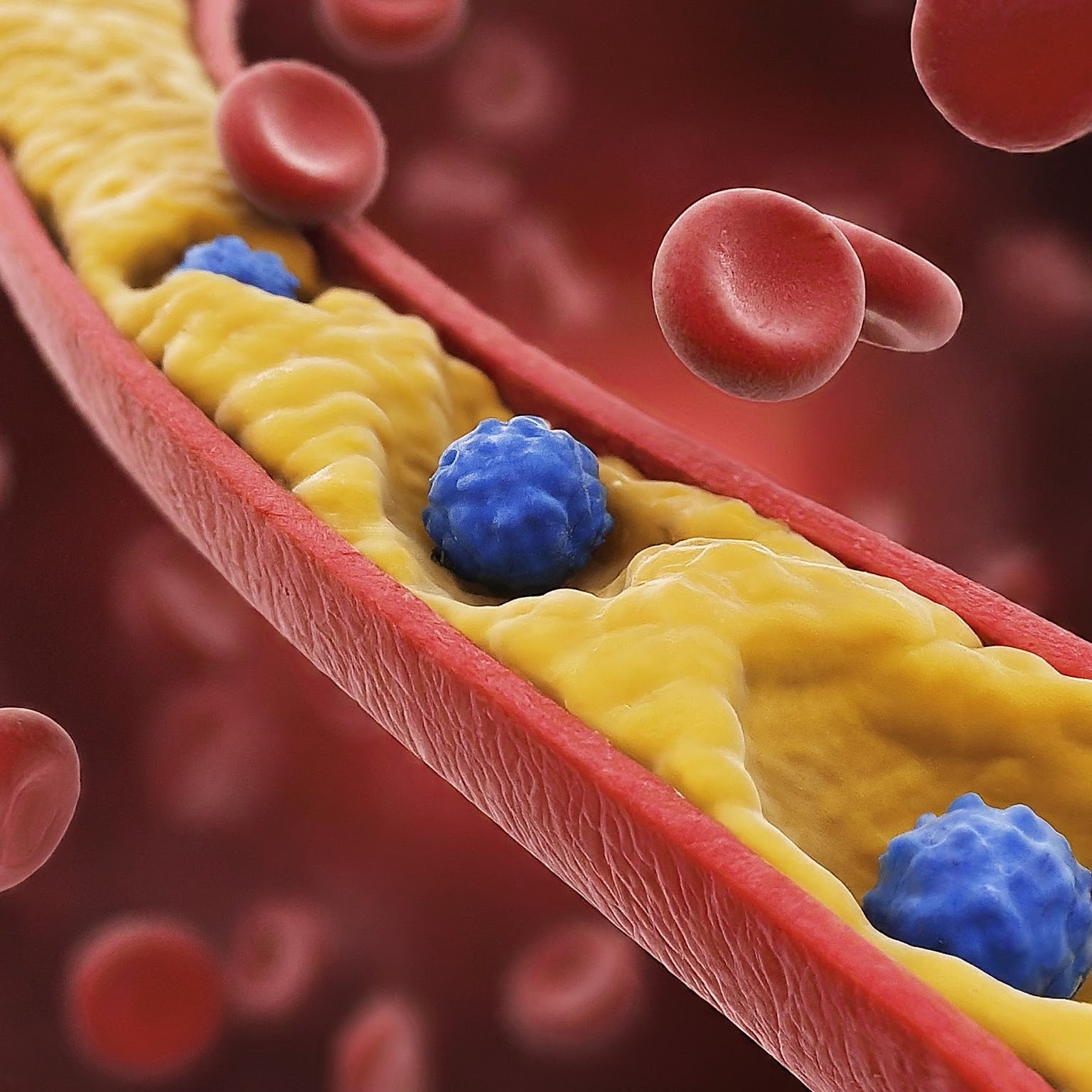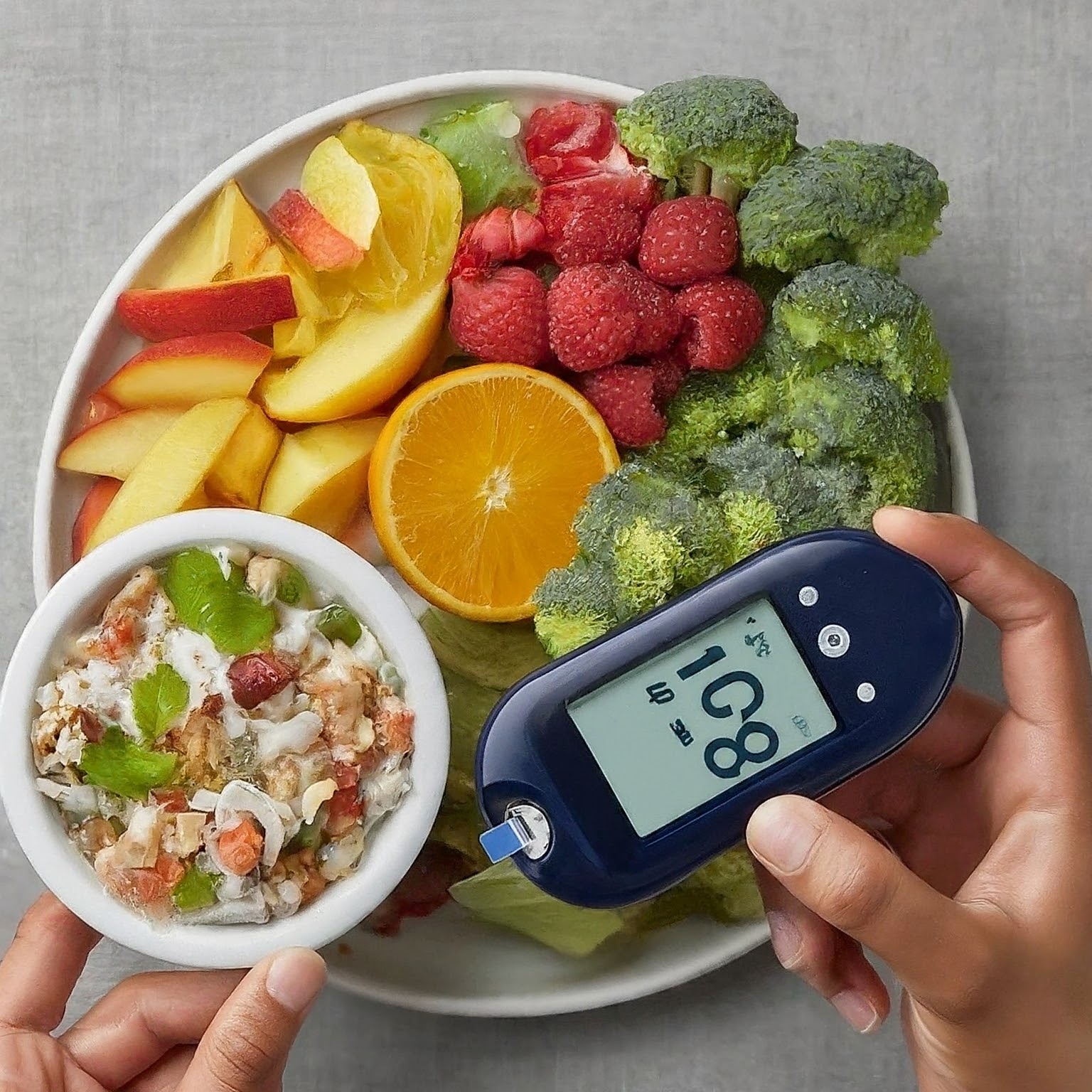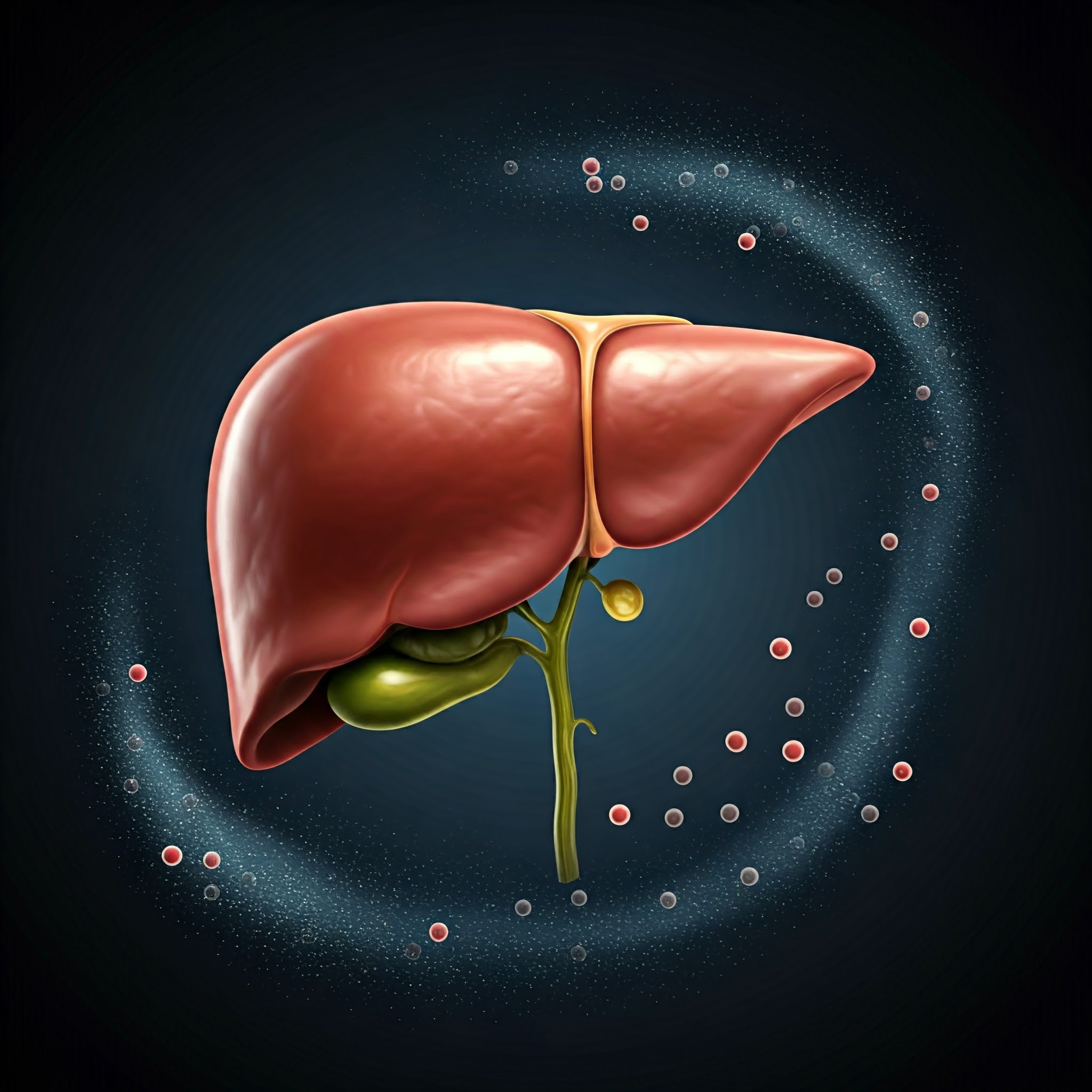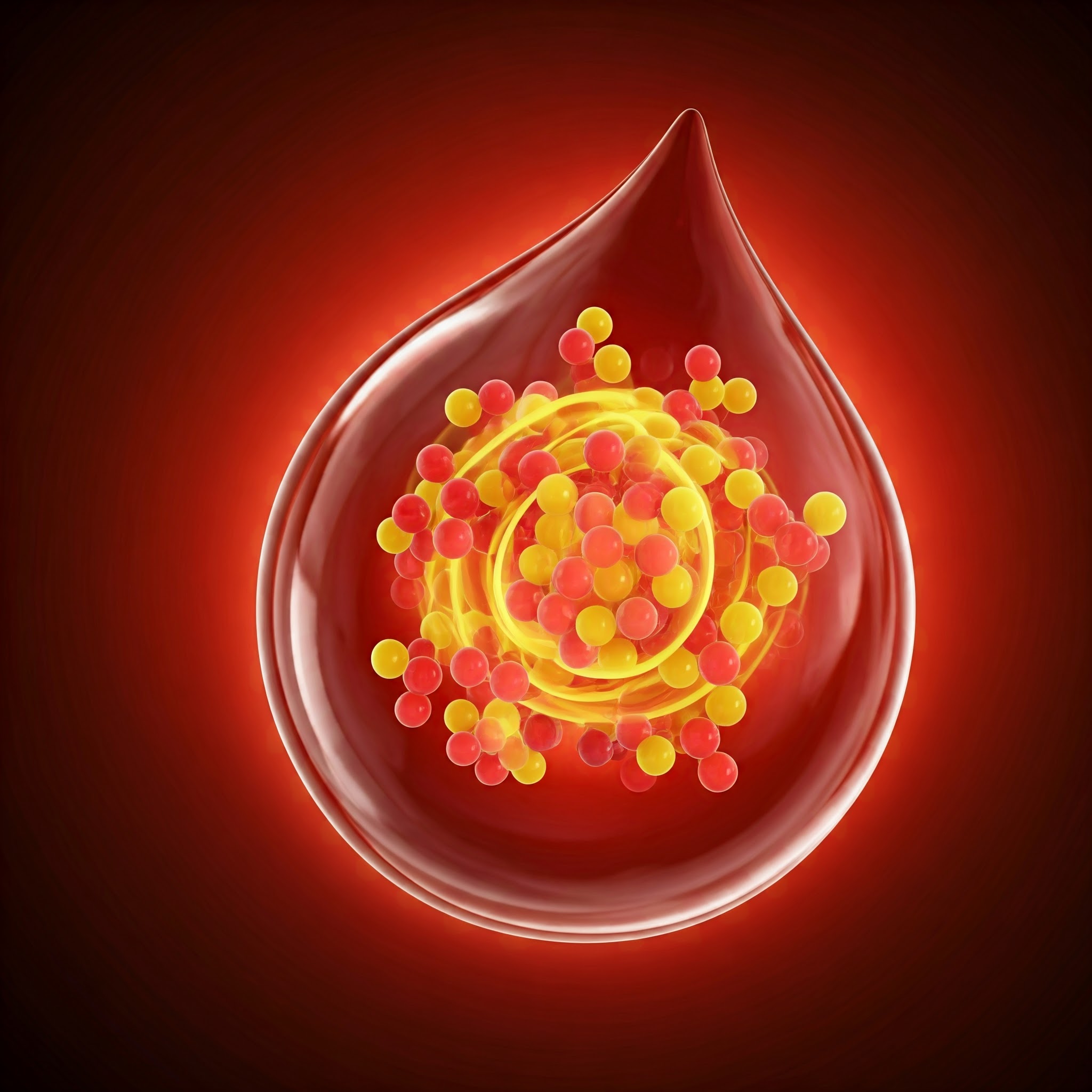Cholesterol: The Silent Killer You Can Manage
Cholesterol, often dubbed the “silent killer,” is a waxy, fat-like substance found in your blood. While it’s essential for building cells and producing hormones, high cholesterol levels can lead to serious health issues like heart disease and stroke. Understanding your cholesterol numbers is crucial for protecting your heart health.
Why Cholesterol Matters
There are two main types of cholesterol:
- LDL (Low-Density Lipoprotein): Often referred to as “bad” cholesterol, it builds up in your arteries and can lead to heart disease.
- HDL (High-Density Lipoprotein): Known as “good” cholesterol, it helps remove LDL from your arteries.
A balance between these two types is vital. High LDL levels increase your risk of heart disease, while high HDL levels can help protect your heart.
Measuring Your Cholesterol
A simple blood test, called a lipid profile, measures your total cholesterol, LDL, HDL, and triglycerides (another type of fat in your blood). Typically, you’ll need to fast for about 9-12 hours before the test.
Cholesterol Levels: What’s Normal?
The ideal cholesterol levels vary depending on your age, overall health, and other factors. However, here are general guidelines:
- Total cholesterol: Less than 200 mg/dL
- LDL cholesterol: Less than 100 mg/dL (lower is better for people with heart disease or other risk factors)
- HDL cholesterol: More than 40 mg/dL for men, more than 50 mg/dL for women
- Triglycerides: Less than 150 mg/dL
High Cholesterol: The Risks
High cholesterol often has no symptoms, making it a silent threat. If left unchecked, it can lead to:
- Atherosclerosis: Buildup of plaque in the arteries
- Heart attack: When blood flow to the heart is blocked
- Stroke: When blood flow to the brain is interrupted
- Peripheral artery disease: Narrowing of arteries in the limbs
Low Cholesterol: Is It Always Good?
While high cholesterol is generally a concern, having extremely low cholesterol can also be problematic. Low cholesterol levels might indicate underlying health issues such as liver disease, malnutrition, or thyroid problems. It’s essential to consult with your doctor if your cholesterol levels are unusually low.
Taking Control of Your Cholesterol
Many factors influence cholesterol levels, including diet, exercise, weight, and genetics. To manage your cholesterol:
- Eat a heart-healthy diet: Low in saturated and trans fats, rich in fruits, vegetables, whole grains, and lean protein.
- Regular exercise: Aim for at least 150 minutes of moderate-intensity exercise per week.
- Maintain a healthy weight: Losing even a small amount of weight can improve cholesterol levels.
- Quit smoking: Smoking damages blood vessels and raises LDL cholesterol.
- Manage stress: Chronic stress can contribute to heart disease.
- Medications: Your doctor may prescribe cholesterol-lowering medications if necessary.
Regular cholesterol checks and lifestyle modifications are key to maintaining heart health. If you have concerns about your cholesterol levels, consult with your healthcare provider for personalized advice.
Disclaimer: This blog post is intended for informational purposes only and does not constitute medical advice.




